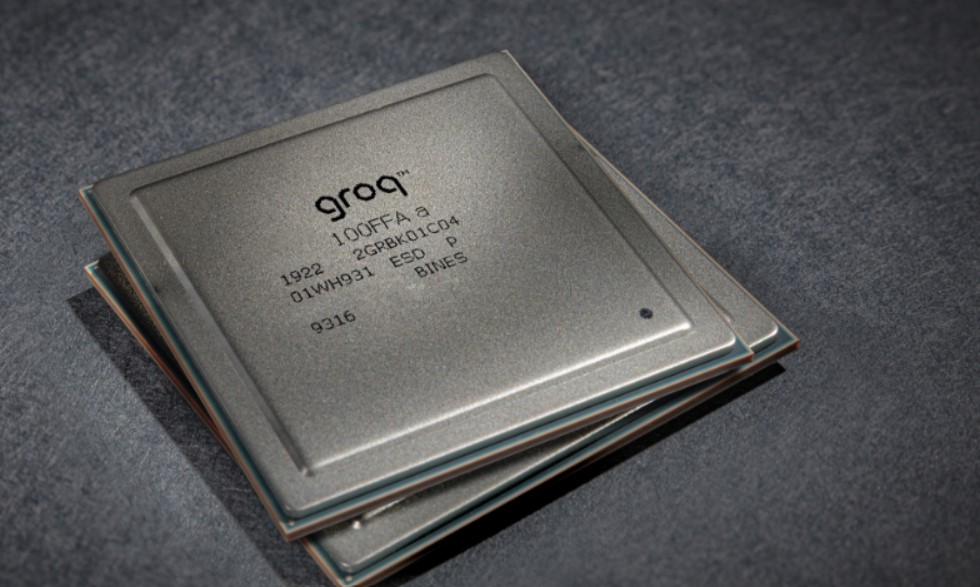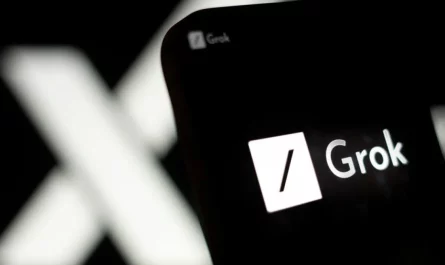Groq, a startup focused on developing advanced chips for running generative AI models, has announced a major financial milestone. The company has raised $640 million in a new funding round led by Blackrock, with participation from Neuberger Berman, Type One Ventures, Cisco, KDDI, and Samsung Catalyst Fund.
Funding and Valuation: This latest funding round boosts Groq’s total capital raised to over $1 billion and values the company at $2.8 billion. This is a significant increase from its previous valuation of around $1 billion in April 2021 when it raised $300 million in a round led by Tiger Global Management and D1 Capital Partners.
Leadership and Expertise: Groq has also announced notable additions to its team. Meta’s chief AI scientist, Yann LeCun, will join as a technical advisor, while Stuart Pann, the former head of Intel’s foundry business and ex-CIO at HP, will take on the role of chief operating officer. LeCun’s involvement is particularly noteworthy given Meta’s own investments in AI chips, highlighting Groq’s strategic positioning in the competitive AI hardware landscape.
Technological Advancements: Founded in 2016, Groq is developing a Language Processing Unit (LPU) inference engine. The company claims that its LPUs can run generative AI models, similar to OpenAI’s ChatGPT and GPT-4, at ten times the speed and one-tenth the energy consumption of conventional processors. Groq’s CEO, Jonathan Ross, co-invented Google’s tensor processing unit (TPU), underscoring the team’s deep expertise in AI chip design.
Platform and Services: Groq offers an LPU-powered developer platform, GroqCloud, which includes “open” models such as Meta’s Llama 3.1, Google’s Gemma, OpenAI’s Whisper, and Mistral’s Mixtral. The platform has over 356,000 developers as of July, with a significant portion of the new funds earmarked for scaling capacity and adding new models and features.
Market Position and Competition: Groq faces stiff competition from AI hardware giants like Nvidia, which controls a significant share of the AI chip market. Nvidia has committed to releasing new AI chip architectures annually and is exploring custom chip designs for cloud computing firms. Groq also competes with other tech giants like Amazon, Google, and Microsoft, which are developing their own AI chips for cloud services.
Strategic Moves and Partnerships: To strengthen its market position, Groq is investing in enterprise and government outreach. It recently acquired Definitive Intelligence to form Groq Systems, a unit focused on serving organizations, including U.S. government agencies. Groq has also partnered with Carahsoft to sell its solutions to public sector clients and has a letter of intent to deploy its LPUs at Earth Wind & Power’s data center in Norway. Additionally, Groq is collaborating with Aramco Digital to install LPUs in future data centers in the Middle East.
Future Plans: Groq is moving forward with the next generation of its chip technology. The company has contracted Samsung’s foundry business to manufacture 4nm LPUs, promising performance and efficiency improvements over its first-generation 13nm chips. Groq aims to deploy more than 108,000 LPUs by the end of the first quarter of 2025.
With substantial new funding and strategic partnerships, Groq is positioning itself to challenge the dominance of Nvidia and other AI chip manufacturers in the rapidly growing AI hardware market.



